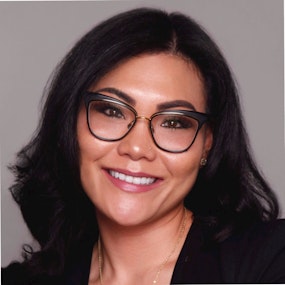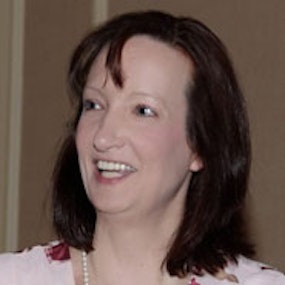ROBERT JOHNSON:
This is the award-winning Public Health Review Morning Edition for Wednesday, July 19, 2023. I'm Robert Johnson. Now, today's news from the Association of State and Territorial Health Officials.
CATHERINE BROWN:
West Nile virus is actually the most common mosquito-borne disease in the continental United States.
JOHNSON:
Dr. Catherine Brown is the state epidemiologist in Massachusetts. She's thinking about West Nile virus as rain and summer heat prevail.
BROWN:
So, here in Massachusetts, we tend to see more human infections with West Nile virus during years when we have a higher than average summer temperature, combined with episodic rainstorms.
JOHNSON:
Brown says the state, like other jurisdictions, keeps track of virus hotspots.
BROWN:
In Massachusetts, we actually maintain a robust mosquito surveillance program. And by trapping and testing mosquitoes for the virus, we're able to track the geographic distribution, as well as the intensity of the activity.
JOHNSON:
Most people don't have much to worry about, but for those who do, Brown says her agency is proactive with its education outreach.
BROWN:
I will also say that one particular approach we have taken during some of our worst West Nile virus seasons is to reach out to senior centers and elder care facilities in the community, because they serve some of the individuals at greatest risk for severe illness.
JOHNSON:
Massachusetts manages an online database where people can see what's happening around the state. You can visit the map using the link in the show notes.
Tobacco use in New York State is dropping, but officials there aren't resting. A new $1 tax on cigarettes takes effect September 1. That's one tool, but there are others. This is Dr. Jennifer Lee, Director of the State's Bureau of Tobacco Control.
JENNIFER LEE:
So first, I think taking a multifaceted, multilayered, holistic approach is key. So some of those things might include public education, community mobilization, health systems change, measuring and evaluating impact, and policy change.
JOHNSON:
Lee says those impacted most are key to the agency's work.
LEE:
You know, I think one important thing we can all do, and should always do, is involve those directly impacted to be part of the solution. For example, youth engagement is critical to our work and the involvement of young people in decision-making to create positive social change has been effective in New York State.
JOHNSON:
Even with the new tax coming in the fall, Lee says the fight against Big Tobacco continues.
LEE:
And even as we continue to see success in New York, our work is definitely far from over. The tobacco landscape is ever-changing. The industry utilizes its resources to continue to target youth, communities of color, and other communities to get them hooked on their deadly products.
JOHNSON:
You can read more about New York's latest tobacco use data by clicking the link in the show notes.
Also today, agencies are finding ways to pay for doula care. The goal is to help people facing substance use disorder get postpartum care without the stigma and fear that can otherwise keep them away from the doctor's office. Read more about funding options in a new ASTHO blog article now online. We've got the link in the show notes.
Finally, this morning ASTHO has job openings! Positions include a Manager of Regional Office Meetings and Events, a Senior Analyst of Program Operations, and a Director of Workforce. You can get more information by visiting the show notes.
And one last thing, if you have a minute, please take the time to leave us a review. You can do that right here on the podcast player you're listening to at this very moment. We'd love to know what you think.
That'll do it for today's newscast. We're back tomorrow morning with more ASTHO news and information. I'm Robert Johnson. You're listening to the award-winning Public Health Review Morning Edition. Have a great day.






